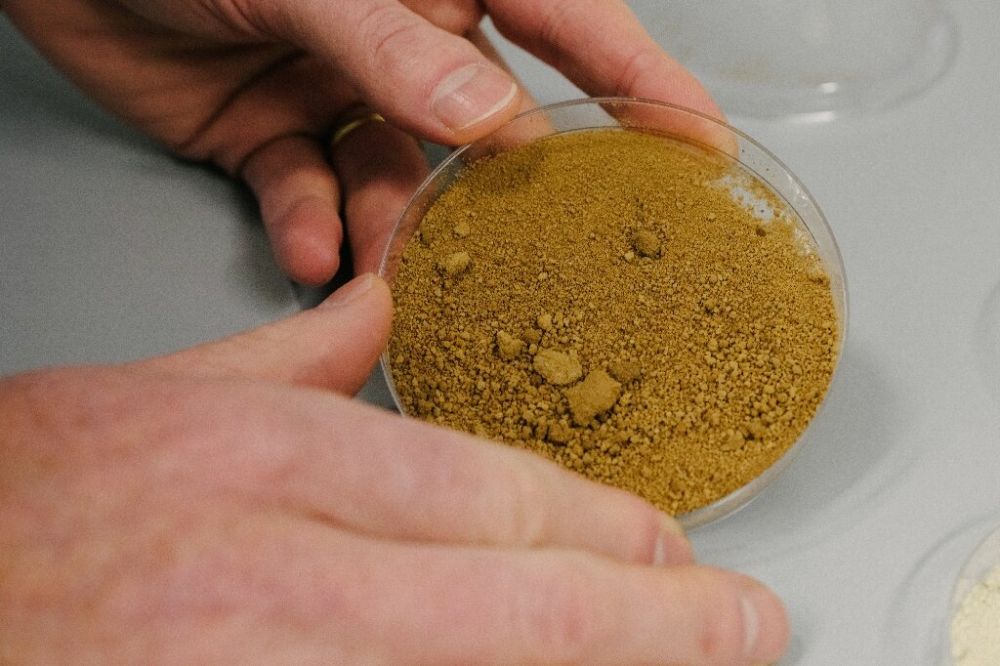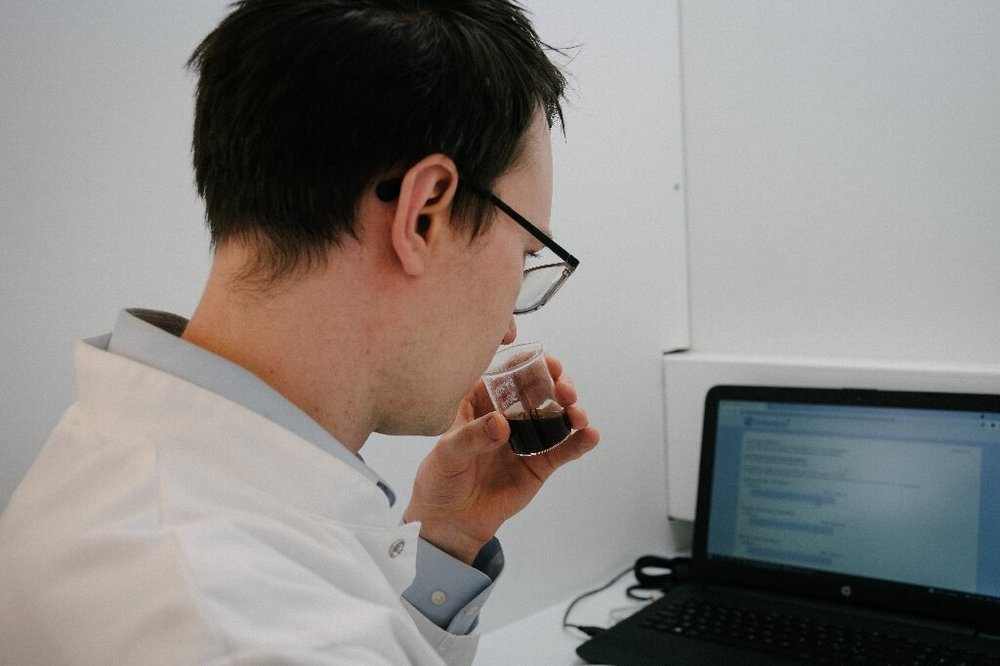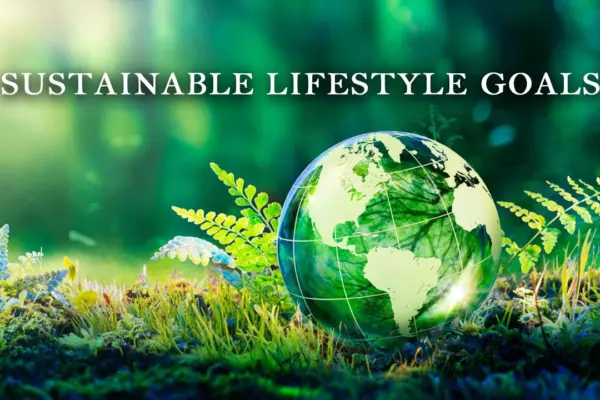Finnish Scientists Found a Sustainable Approach of Producing Coffee
Scientists at VTT Technical Research Centre of Finland created sustainable lab-grown coffee that would grow from a bunch of coffee plant cells
Are you a coffee lover? Has someone ever told you that coffee is neither good for an individual’s health nor for the environment? Then you need to read on.
Initially coffee happened to be grown on delicate eco-systems with required floras to form habitable areas for native animals and insects, which prevented topsoil erosion satisfying the need for fertilizers.

Image: Physorg
With the increased global demand for coffee, its plantation has grown rapidly and because of this, the use of chemical fertilizers has massively amplified. The sun-grown coffee demands a lot of water and clearing of forests resulting in deforestation. Coffee processing plants often discharge waste into rivers producing pollution which can harm aquatic lives.
Also Read: Manchester City Offers ‘Edible Coffee Cups’ as Part of Food and Beverage Overhaul
In order to tackle the problems associated with coffee production, scientists of VTT Technical Research Centre of Finland created sustainable lab-grown coffee. This type of coffee would grow from a bunch of coffee plant cells under the desired temperature, levels of oxygen, and intensity of light.

Image: Physorg
It tastes somewhat like coffee although it is less bitter in taste. Heiko Rischer, principal scientist and research team leader of plant biotechnology at VTT said;
It’s really coffee, because there is nothing else than coffee material in the product.
This lab-grown coffee would be useful for serving as a raw material for roasted coffee products meanwhile farmers can focus on quality farming of coffee produce over quantity farming at fair prices. Therefore this lab-derived coffee could be a win-win deal sustaining nature while meeting the demands of coffee buyers!
Via: Physorg


